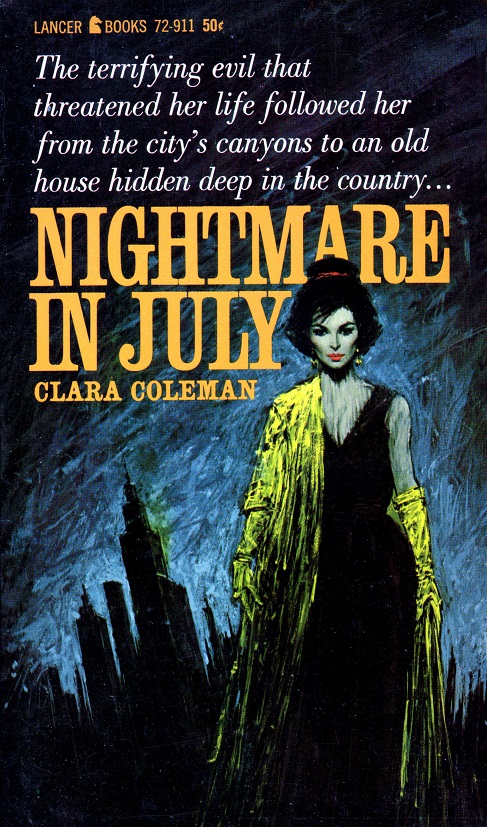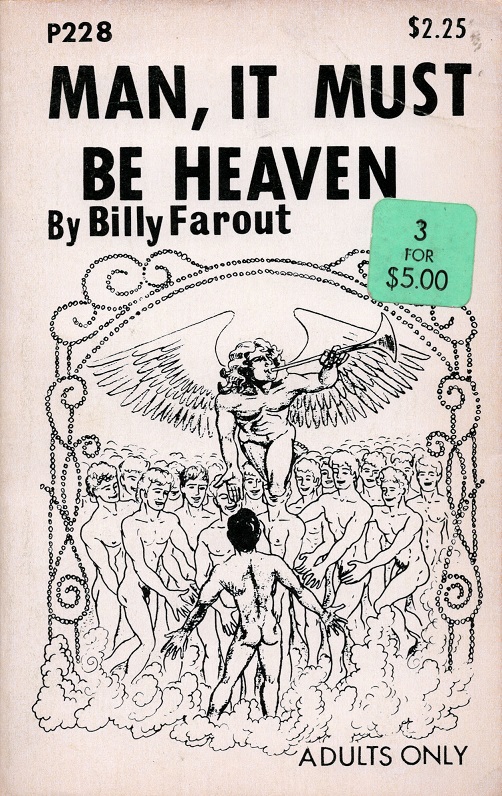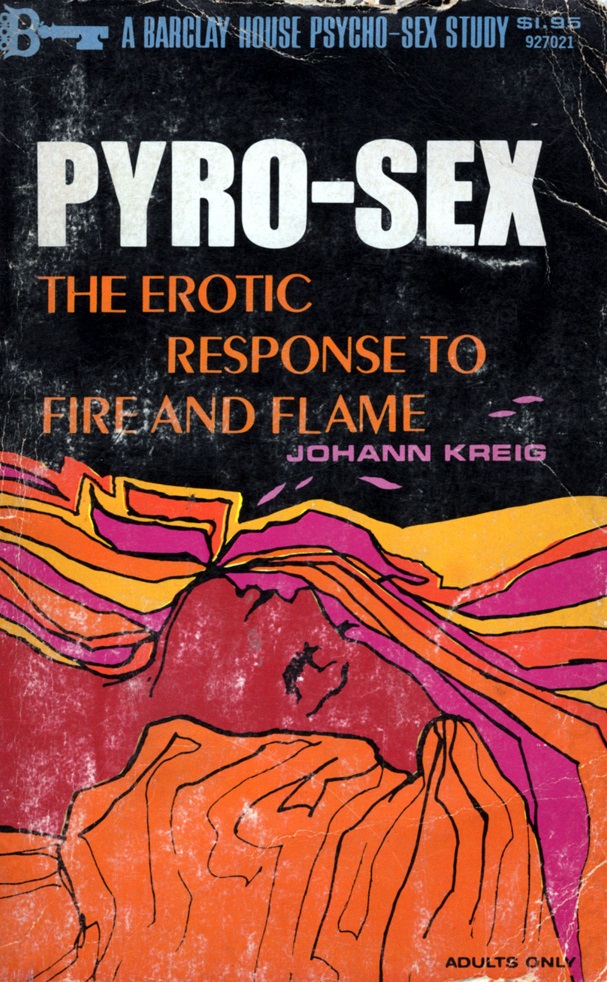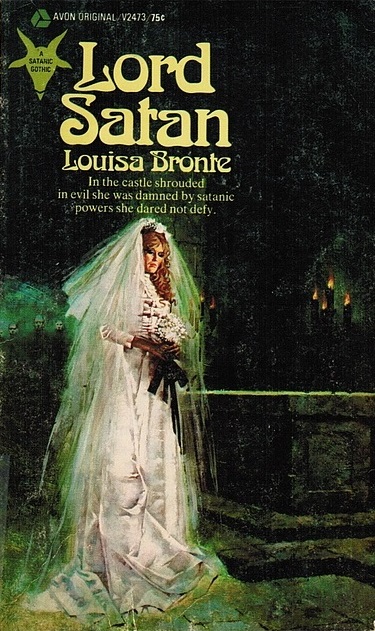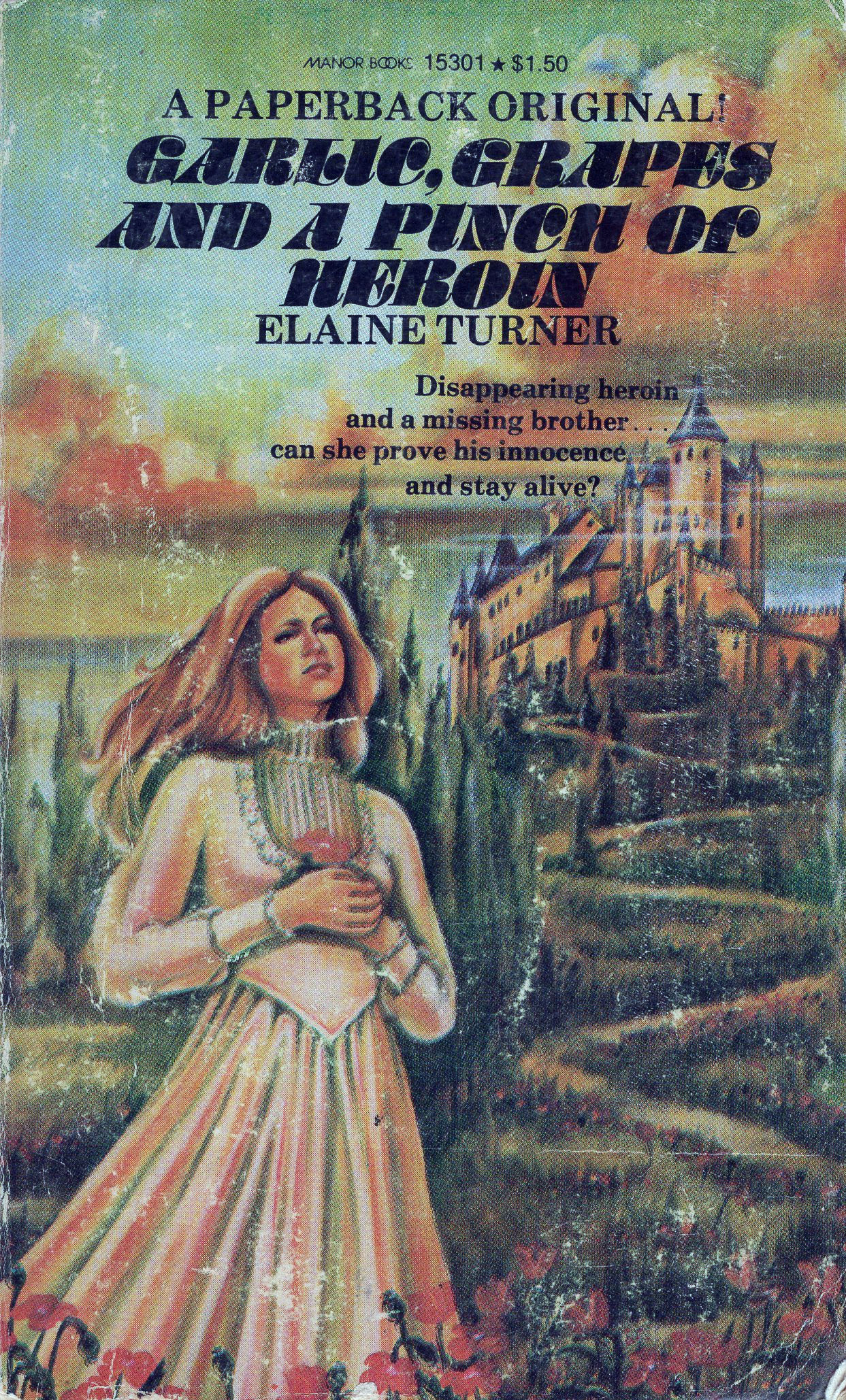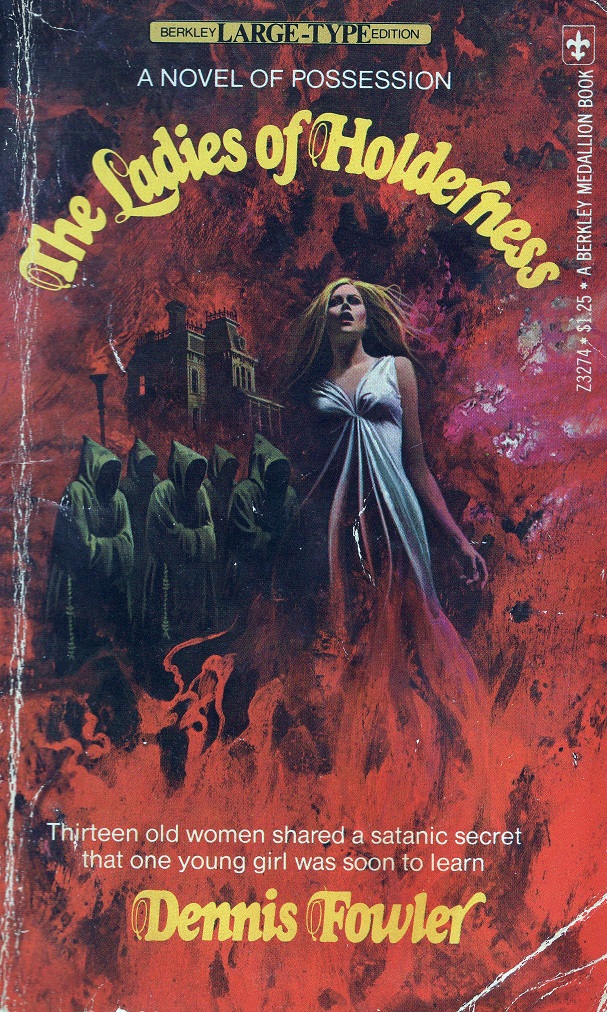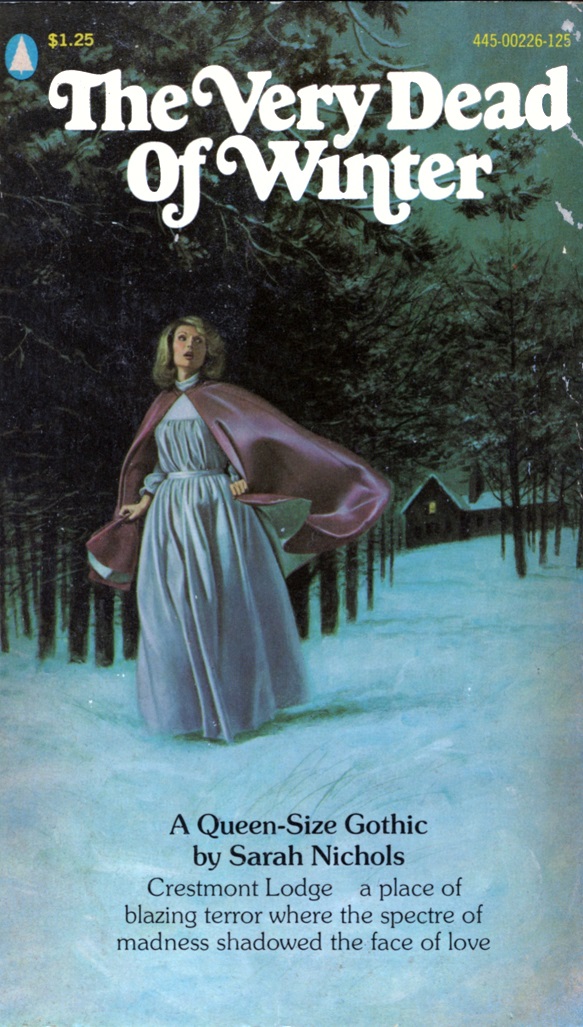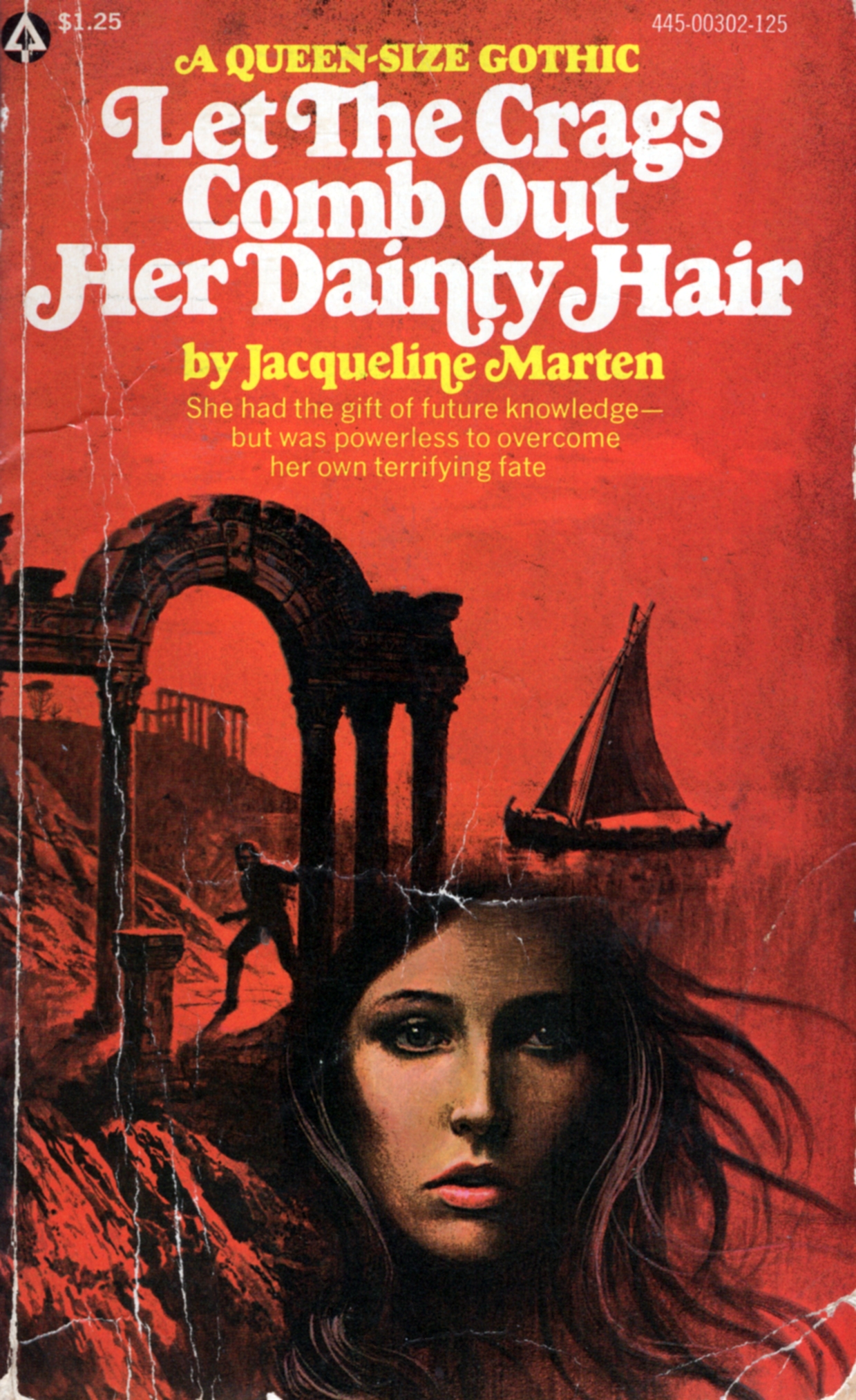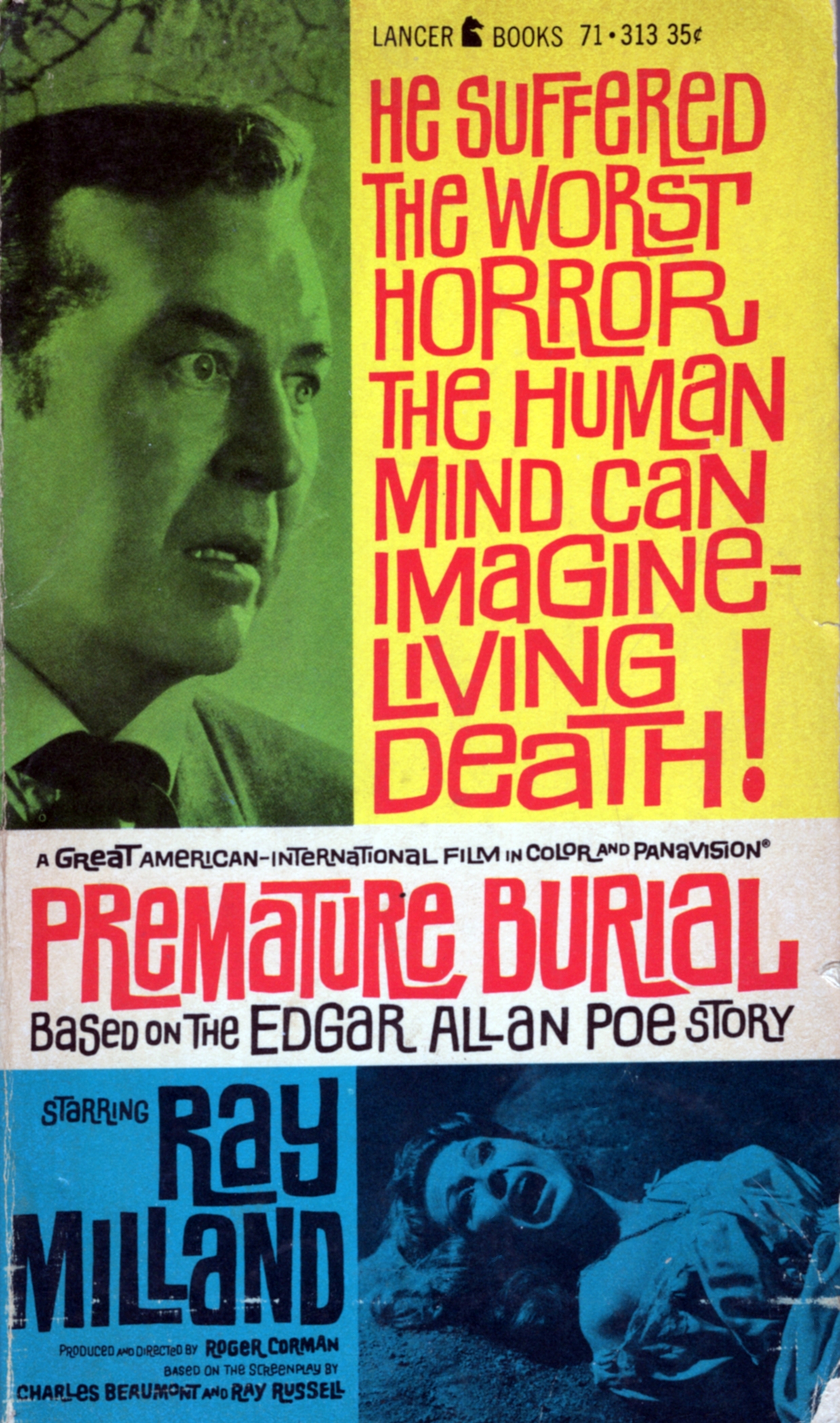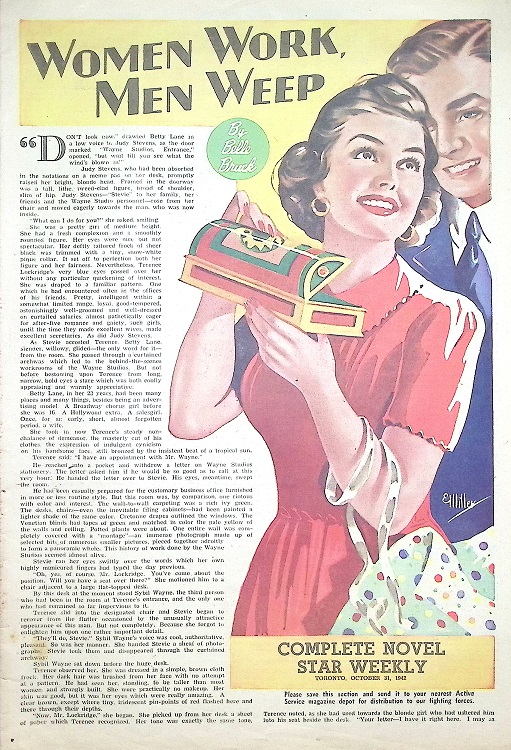
Circa 1942, mid-WWII and the same year “Rosie the Riveter” was launched, this newsprint novel seemed certain to explore male anxieties around women arriving in the workplace. Based on the delicious title, I had hopes of fierce female characters trampling upon the pathetic squabbles of men who simply cannot handle co-ed colleagues and bosses. Might this be a lost masterpiece of early feminism?
My expectations were too high, but the story does illustrate the dizzying lengths a 1940s man might go to avoid having a female superior. Sadly she falls for the scheme and, in the end, gives up her entrepreneurial dreams to become a wife. The plot is a nauseating cringe-fest for modern audiences, but that’s not to say the writing is bad or it’s not intriguing from an historical perspective.
Read more “Belle Bruck – Women Work, Men Weep (1942)”
